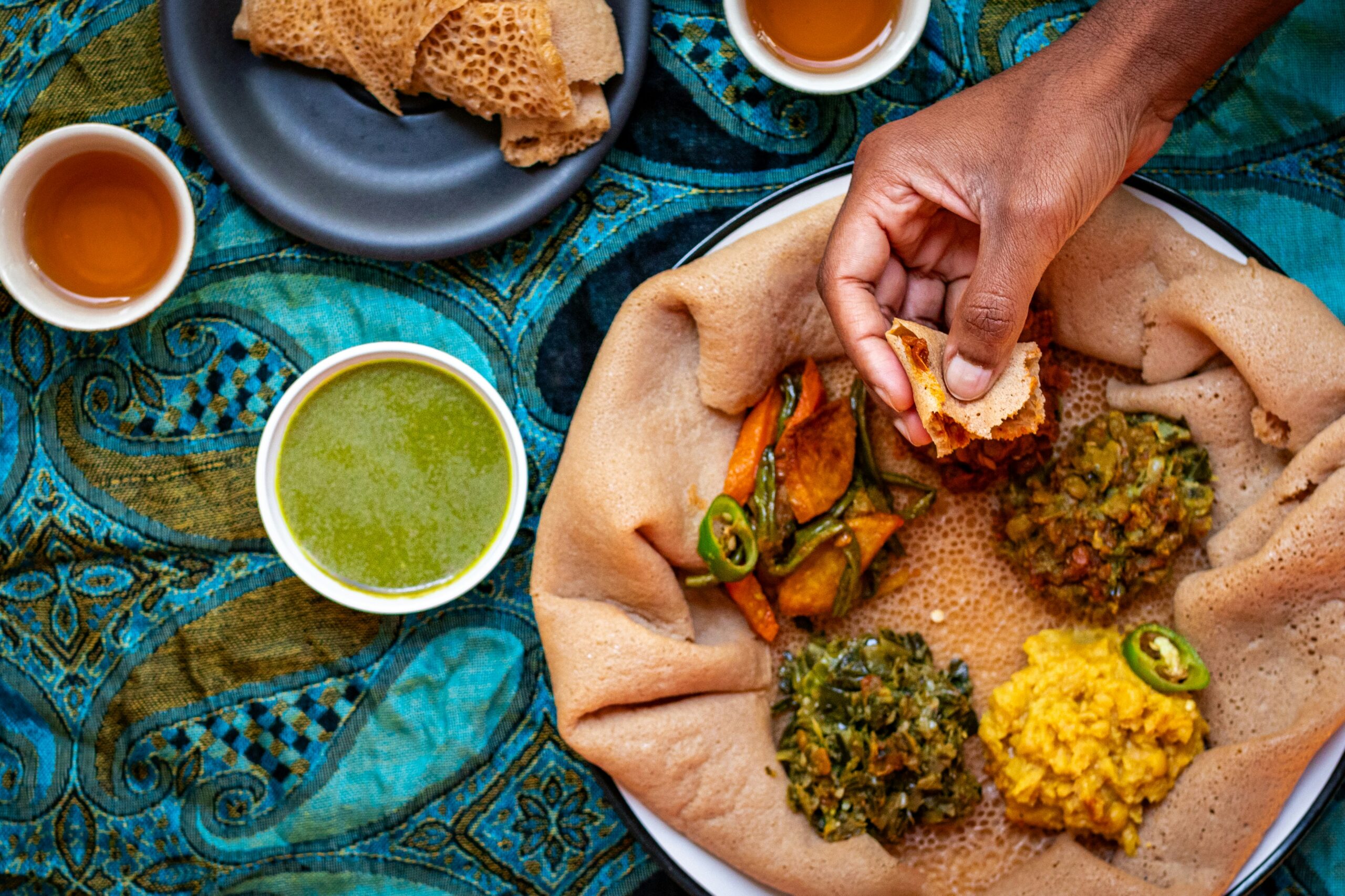African cuisine is a vibrant tapestry of flavors and traditions, offering a rich and diverse culinary landscape that is both intriguing and delicious. From the spicy stews of West Africa to the aromatic dishes of North Africa, the continent’s food tells a story of history, culture, and community.
When diving into the world of African cuisine, one quickly realizes that it’s a treasure trove of unique ingredients and cooking methods. As noted by culinary expert and author Marcus Samuelsson, “African food is as diverse as its people, and it’s an expression of the continent’s rich cultural heritage.”
Exploring Regional Flavors
Africa’s culinary scene is a mosaic of regional specialties, each offering distinct flavors and textures. In West Africa, for instance, dishes like Jollof Rice and Egusi Soup are staples. Jollof Rice, often compared to Spanish paella, is a flavorful concoction of rice, tomatoes, and spices. Meanwhile, Egusi Soup, made with ground melon seeds and vegetables, offers a thick, earthy taste that is both satisfying and nutritious.
Table of Popular African Dishes
| Region | Popular Dish | Main Ingredients |
|---|---|---|
| West Africa | Jollof Rice | Rice, tomatoes, onions, spices |
| Central Africa | Ndolé | Bitter leaves, peanuts, fish/meat |
| East Africa | Ugali | Maize flour, water |
| North Africa | Couscous | Semolina, vegetables, meat |
| South Africa | Bobotie | Minced meat, curry spices, eggs |
| Horn of Africa | Injera | Teff flour, water |
| West Africa | Egusi Soup | Melon seeds, vegetables, meat |
| North Africa | Tagine | Meat, spices, dried fruits |
Cooking Techniques and Ingredients
African cooking often involves traditional techniques such as slow cooking and the use of a mortar and pestle. These methods not only enhance the flavors but also preserve the integrity of the ingredients. For example, in North Africa, the use of a tagine—a conical clay pot—allows for slow cooking, which melds the flavors beautifully. In East Africa, the preparation of Ugali, a stiff porridge made from maize flour, requires careful stirring to achieve the right consistency.
For an authentic African dining experience, try sourcing ingredients from local African markets or online specialty stores to get the most genuine taste.
Connecting with Culture
Food is an essential part of African culture and social life. In many communities, meals are a communal activity, bringing families and friends together. This shared experience is not only about nourishment but also about storytelling and tradition. The flavors of Africa are not just in the ingredients but in the shared moments at the dining table.
Frequently Asked Questions
What makes African cuisine unique?
African cuisine is unique due to its diverse ingredients, traditional cooking methods, and the cultural significance behind each dish.
Are there vegetarian options in African cuisine?
Yes, many African dishes are plant-based, using grains, legumes, and vegetables as primary ingredients.
How can I learn more about African cooking?
Consider taking cooking classes or exploring cookbooks by African chefs to delve deeper into the flavors and techniques.
Conclusion
Exploring the flavors of Africa opens up a world of culinary adventure. From spicy stews to fragrant rice dishes, each meal is a journey through the continent’s rich cultural tapestry. By embracing these authentic dishes, you not only enjoy delicious flavors but also connect with the stories and traditions behind them. So why not take a flavorful dive into African cuisine and discover its culinary delights?




Leave a Reply